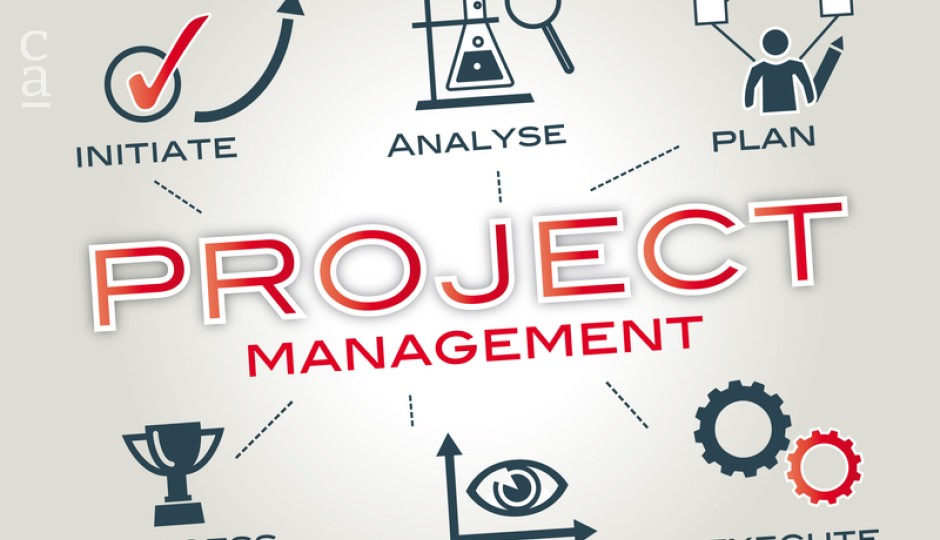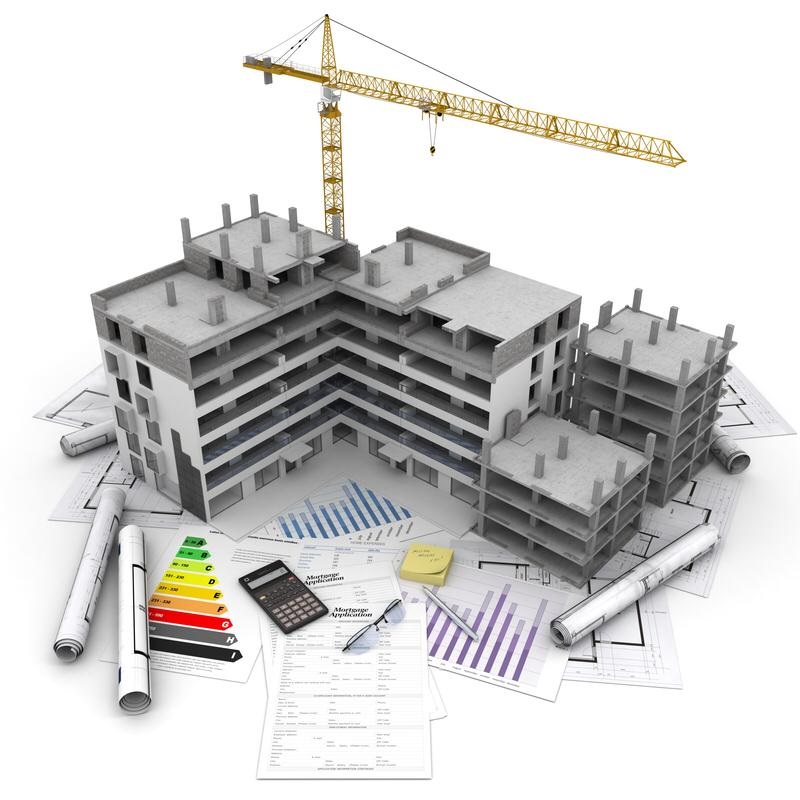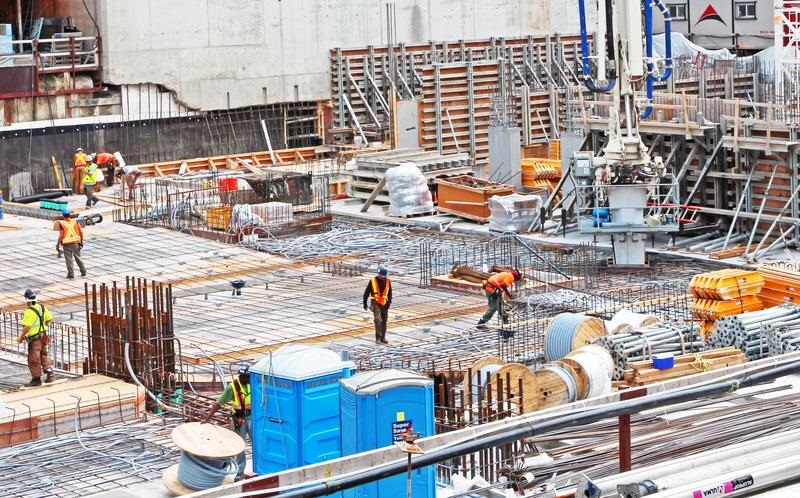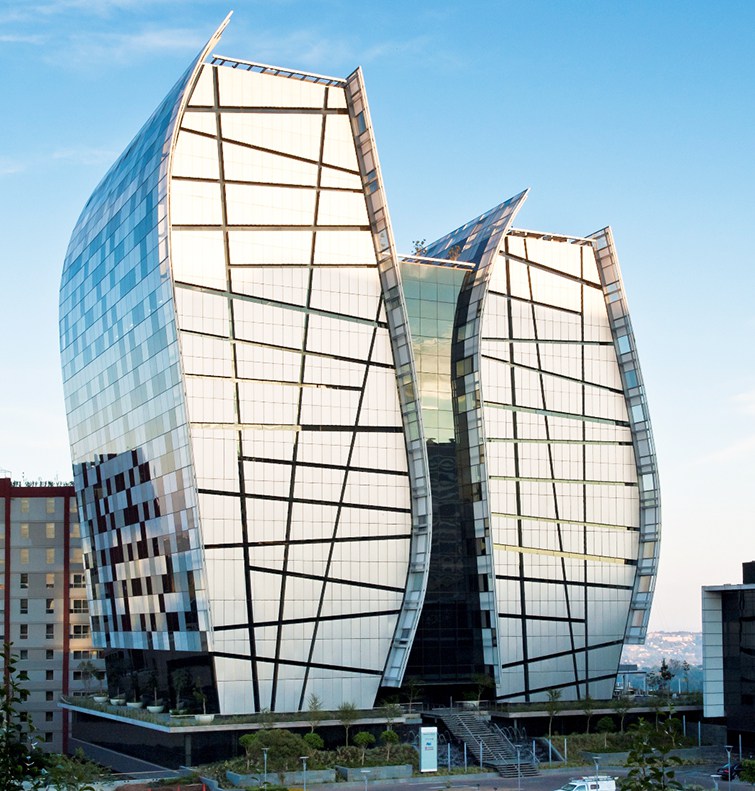Project management for new construction projects
New construction projects in Africa can only be developed and implemented successfully if the project managers and construction workers work hand-in-hand.

As it is the duty of construction project managers to create a well-structured plan for the construction process, it is also the responsibility of the construction workers to adhere to the planned programme and implement the stipulated methods and systems (technical, quality, financial etc).
Outlined below is a guide for project managers that will help map out, and execute, an effective plan for a construction project (buildings, roads, bridges, dams, industrial facilities and other structures).
Construction Projects: The Phases You Should Remember
Phase 1: Brainstorming or Concept Development Phase
Everything always starts with an idea, and this includes construction projects. In this phase, stakeholders (i.e. parties and/or individuals with vested interest in the constructed facility) brainstorm their ideas for the construction project. This may include defining the attributes of the final constructed product, identifying the right location to construct the structure and establishing an estimated time of completion.
When the stakeholders have come up with their findings and have developed a framework of some sort for developing the project, they will refer the concept to engineers and architects. These professionals will design a blueprint for the project, and the project managers responsible for delivering the project will oversee the progress of the project as well as communication between the stakeholders and the design team (i.e. the engineers and architects).
During this phase, it is essential to look into the feasibility and design schematics and prepare the necessary contracts and documents.

Phase 2: The Pre-Construction
Assuming the stakeholders have already chosen a contractor who will work on the project, the next phase involves preparation for the actual construction - which includes tasks such as:
- site examinations;
- assessing the site for existing and potential issues;
- soil testing;
- setting up a project management software;
- creating a timeline;
- researching and preparing the materials; and
- assembling a team.
When putting together a team for new construction projects in Africa, remember that it does not only consist of project management staff. You also have to select the right construction supervisors, safety managers, site foremen, electricians and other technical tradesmen.

Phase 3: Construction
Now that the construction and project execution plans are in place, it’s time to implement them and start working on constructing the actual structure. Typically, this phase may take longer than the previous phases, depending on the size of the project. Make sure to follow the project plans.
Project managers should also include buffer times (float) to have room for fixing potential troubles or unforeseen issues, and not fall behind the originally scheduled timeline.
As a project manager, you should also remember that one of the most important concerns when working on a construction site is the safety and security of the workers. With this in mind, you should conduct a risk assessment of the site and put in place safety management measures to help reduce and minimise the safety risks present.

Phase 4: Post-Construction
Your construction project has concluded, and construction of the facility has been completed. However, you’re not done yet. Next in line is the post-construction phase, during which you:
- test all the systems installed and implemented during construction;
- check if there are errors and fix them; and
- where relevant, train the owners of the facility or their personnel on how to operate and maintain the structure.

Keep Your Construction Projects on Track with These Tips ...
Construction project management is more than just mapping out feasible plans for construction workers to follow. It also involves challenges and headaches, especially when it comes to managing budgets and hectic schedules, and meeting tight deadlines and client/stakeholder requirements. If your goal is to have one of the most successful development projects in Africa, remember that It will largely depend on how you strategise your plans.
With that being said, here are a few tips that will help you achieve smooth-sailing construction project management.
1. Communication Is Key
As a project manager, you are expected to handle a large team of employees who are part and parcel of the process of executing project plans. To effectively manage your team, it is important to always maintain open communication with the team and team members.
Keeping open communication enables you to establish good relationships with the team and allows them to work hand-in-hand, collaboratively, more effectively. Also, when workers aren’t hesitant to communicate with you, you are more able to solve issues immediately and even prevent problems before they even occur.
2. Involve the Stakeholders
Don’t leave the stakeholders in the dark. If changes need to be implemented in the construction project, see to it that the relevant stakeholders are well-aware of the planned changes. A typical example is when there are planned adjustments to the construction schedule or date of completion due to unforeseen or unavoidable circumstances.
3. Read and Comprehend All Contracts
Just like in any type of legal agreement you bind yourself to, it is vital to read and understand every clause in the contract. Make sure you understand your roles and responsibilities on the project and ask legal advice if there is anything unclear to you.
The contracts are legal documents, and everything stipulated in them can be used for or against you. Therefore, you have to be extra careful before signing the contract documents.
4. Make Sure to Follow the Schedule
Remember the schedule created during the pre-construction process? Be on track with the planned schedule as much as possible to avoid the consequences of falling behind, e.g. penalties, loss of revenue due to late delivery of the facility, loss of trust from your clients and from the project stakeholders etc.
And while the ideal situation is not to have hiccups or hindrances while constructing the building or any other facility, unfortunately some things are just unavoidable. When this happens, make sure to do the necessary documentation and inform the stakeholders. Not just that, it is also essential to keep a record and relevant documents for all the activities involved in the construction project, including additional expenses and instructions for changes to the contractual scope of work if any.
5. Always Have a Contingency Plan
It is always standard practice to have a plan A. However, it is also important to prepare a plan B or a contingency plan. As previously mentioned, there is a huge possibility that there will be external factors and certain situations that may require changes to the schedule even with extensive preparations and the best planning efforts. For this reason, it is important to identify potential risks and prepare a contingency plan for progress the project when such circumstances arise.
New Construction Projects in Africa Coming Your Way? We Got You!
Our website at ConstructAfrica aims to help everyone in the construction industry learn everything they have to know about construction in Africa. We bring you informative articles and news that enable you to keep track of ongoing and new construction projects in Africa. Not just that! We also feature industry reports that allow investors to develop data-driven decisions for construction markets in Africa. You can contact us at hello@constructafrica.com or call +971501597966 for more details.
Top Photo: Project Management Concept (Trueffelpix | Dreamstime)

